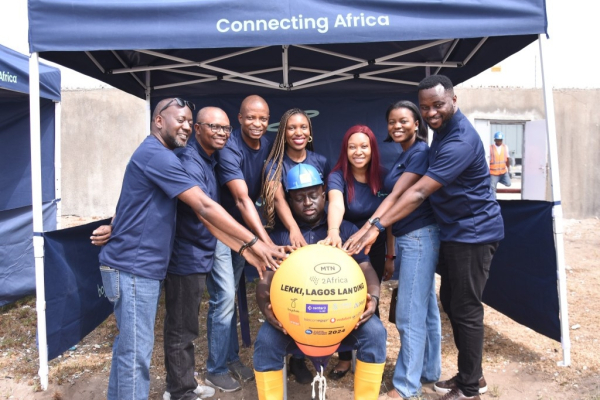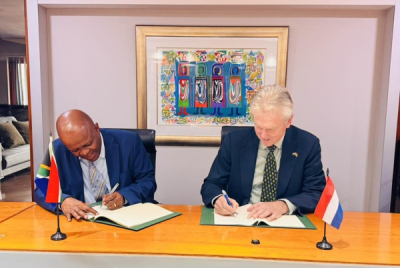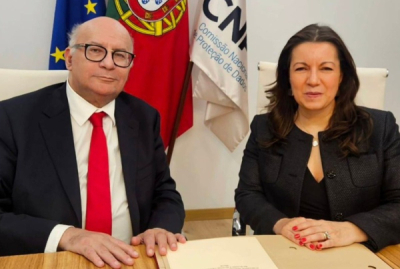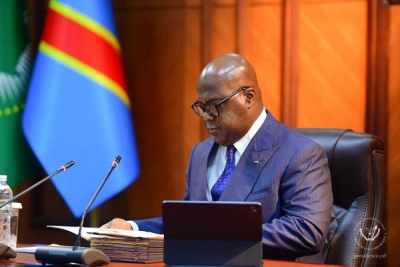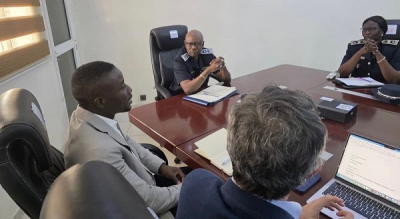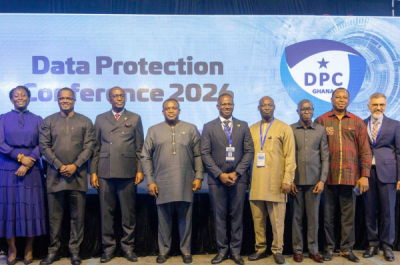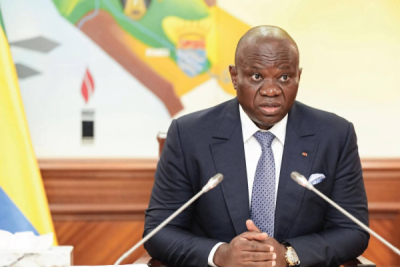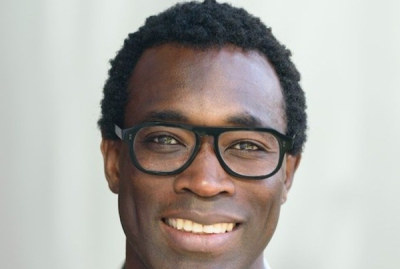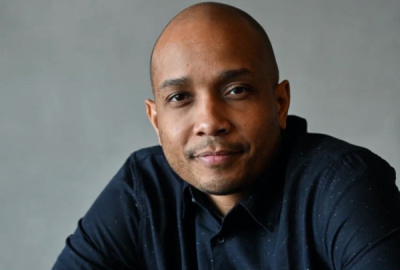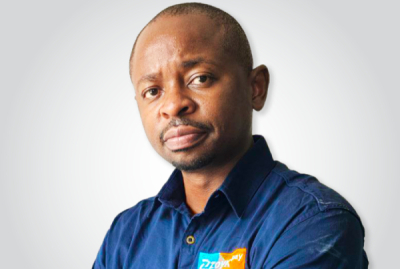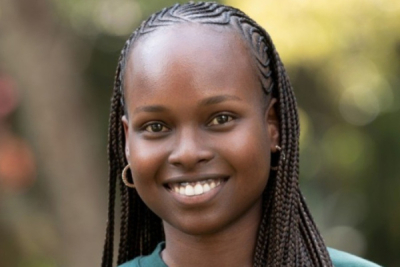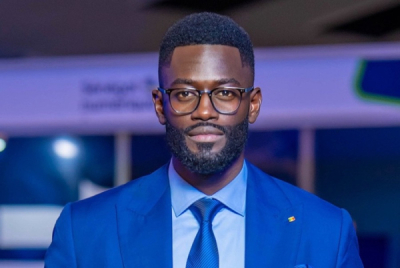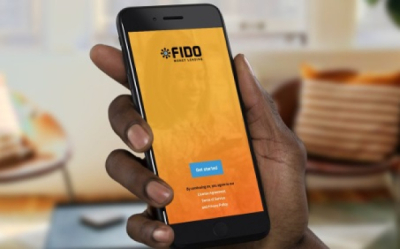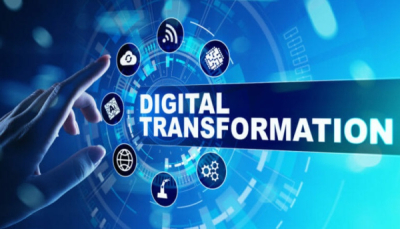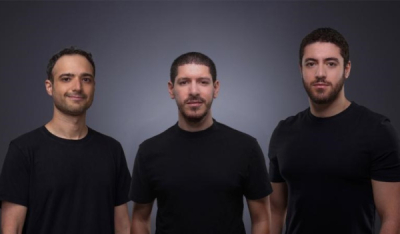Following successful landings in Dakar and Accra last November and December, the telecommunications infrastructure embarked on its onward journey across the West African sub-region.
The 2Africa fiber optic submarine cable has landed in Lagos, Nigeria, according to a press release issued on Thursday, February 8 by Bayobab (formerly MTN GlobalConnect), one of the partners investing in the telecoms infrastructure alongside Orange, Meta, and China Mobile International.
2Africa will be the seventh submarine fiber optic system to connect Nigeria, which already draws part of its high-speed connectivity from Google's Equiano cables, SAT3, MainOne, Glo1, Africa Coast to Europe (ACE), and West Africa Cable System (WACS). This new asset represents the private sector's contribution to the project to improve broadband access initiated by the government in 2020. The aim is to cover 90% of the national territory by 2025.
The digital economy is expanding worldwide, but access to broadband connectivity remains a challenge in Africa, where it has the potential to unlock numerous development opportunities. Networks are still largely concentrated in urban areas, hindering the reduction of the digital divide, at the heart of the battle for inclusion that many organizations such as the International Telecommunication Union have been waging for the past 30 years.
In Nigeria, the importance of broadband is well established. The impact the service has had on the country's startup ecosystem over the past ten years is reflected in the dynamism of its tech entrepreneurs, whose solutions meet real, practical local needs. Today, Nigeria is one of the startup ecosystems that attracts the most foreign investment in Africa.
Adoni Conrad Quenum


